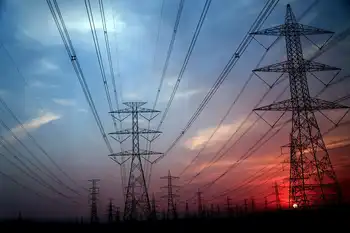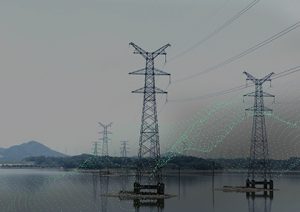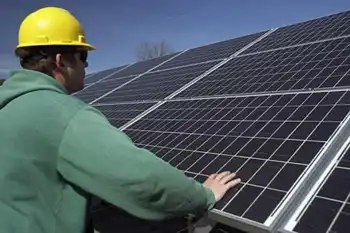Idaho Power must sell energy credits — PUC
By Associated Press
NFPA 70e Training
Our customized live online or in‑person group training can be delivered to your staff at your location.

- Live Online
- 6 hours Instructor-led
- Group Training Available
The recent decision by the Idaho Public Utilities Commission reverses its January 28 ruling to allow Idaho Power to hold on to the credits.
Idaho Power wanted to take the credits, known as "Green Tags," off the market or bank them. That would have allowed the utility to publicly tout its commitment to renewable energy — or use the credits in the future to help meet new renewable energy standards. The U.S. Senate is considering legislation to require the country to generate up to 15 percent of its power from renewable resources, including wind and solar, by 2021.
But the Industrial Customers of Idaho Power, a group that includes the J.R. Simplot Co., argued the tags should be sold and the proceeds turned into savings for all Idaho Power customers.
The three-member commission found "no compelling evidence" that banking the tags would "lessen the company's burden in meeting a future federal standard," the panel wrote in its latest decision. "Unless and until the federal government establishes renewable energy standards and corresponding guidelines, we find the most prudent disposition of these Green Tags, at this time, is their sale."
"We have the commission's order and we're in the process of reviewing and digesting it," said Stephanie McCurdy, a spokeswoman in Boise.
The credits consist of 320,000 megawatt hours of Green Tags generated in 2007 and 2008 from Idaho Power's Elkhorn Wind project in Oregon and the Raft River geothermal plant near Malta in southern Idaho.
If Idaho Power continues to sell Green Tags from the plants, it loses the right to claim any environmental attributes gained from those resources. Whoever buys and retires the credits would be able to claim that it bought renewable energy.
The Industrial Customers of Idaho Power argued that retiring the credits would hurt ratepayers, just so the utility could say it was a green company.
That goal "may or may not be a laudable one," the group's lawyer, Peter Richardson, wrote in documents filed with the commission. "However, the cost of such image advertising needs to be examined in light of the company's current advertising budget. There is nothing in the record suggesting that the approximately $2 million loss to the ratepayers is reasonable in light of the other funds the ratepayers are providing Idaho Power for image advertising."
Idaho Power is under increasing scrutiny over how it generates power to serve more than 487,000 residential customers. In 2008, it generated 40 percent of its electricity from coal-fired plants; 38 percent from dams; 1 percent from gas or diesel plants; and bought 21 percent of its electricity from others.
Just recently, 52 percent of shareholders backed a resolution at Idaho Power's annual meeting, urging the utility to do more to bolster its renewable energy portfolio and reduce greenhouse gas emissions.
Environmental groups, including the Idaho Conservation League and the Renewable Northwest Project, based in Portland, Ore., had wanted the regulators to stick with their original decision.
"Idaho Power and its customers will reap many benefits by retaining the environmental attributes of renewable energy purchases," the groups argued in PUC documents. "First, Idaho Power will be ahead of the game in our current regulatory climate. Most importantly, Idaho Power will be able to comply with Oregon's Renewable Portfolio Standard in 2025, which will require at least 10 percent of electricity serving to come from renewable resources."
Retiring the Green Tags would also help the company meet any new greenhouse gas emissions standards, the groups said.











